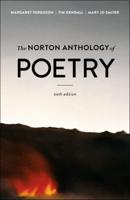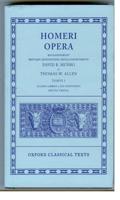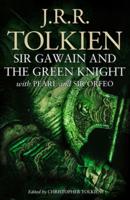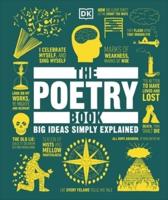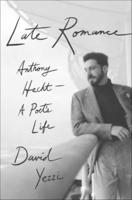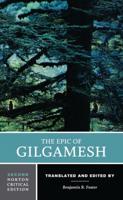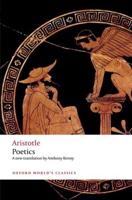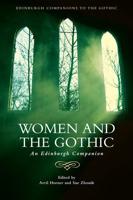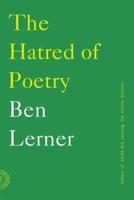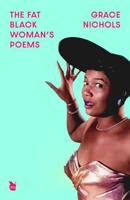Publisher's Synopsis
Tennyson's position as the official Victorian Bard and his popularity with his contemporaries did his posthumous reputation no good. The Laurel Crown identifies him with the myth of 'Victoriamism'. Besides, he was a romantic poet, introverted and solitary by temperament, and moodily musical in his poetic talent: his place as the Laureate must, a later generation decided, have been a bought place, bought at the price of his poetic integrity.
Miss Pitt suggests that this is a picture out of focus. Tennyson was a successful Laureate precisely because he was a Romantic poet, sensitive to the terror of change and formlessness which law behind the facade of Victorian respectability. The Laureate passion for social, even for domestic order, and the sense of a moral and prophetic mission were not, in Tennyson, a denial of the mystical intuitiveness of his youth. On the contrary, they represent the attempt, though not always the successful attempt, to communicate to his own generation the sense of order in chaos which was the fruit of his own experience in the death of Arthur Hallam. Tennyson discovered the shape of emotional experience through experience, and this brooding over his own intuitions, the brooding of them into shape, is the secret of his method as a poet.

